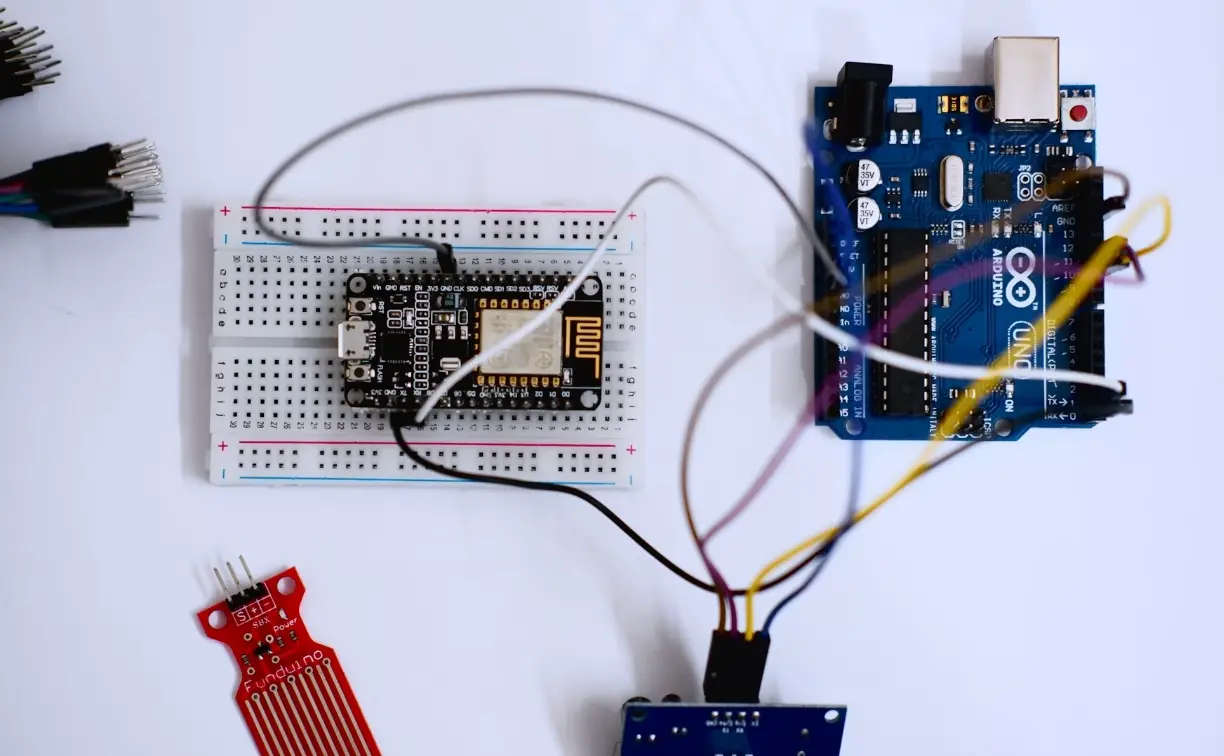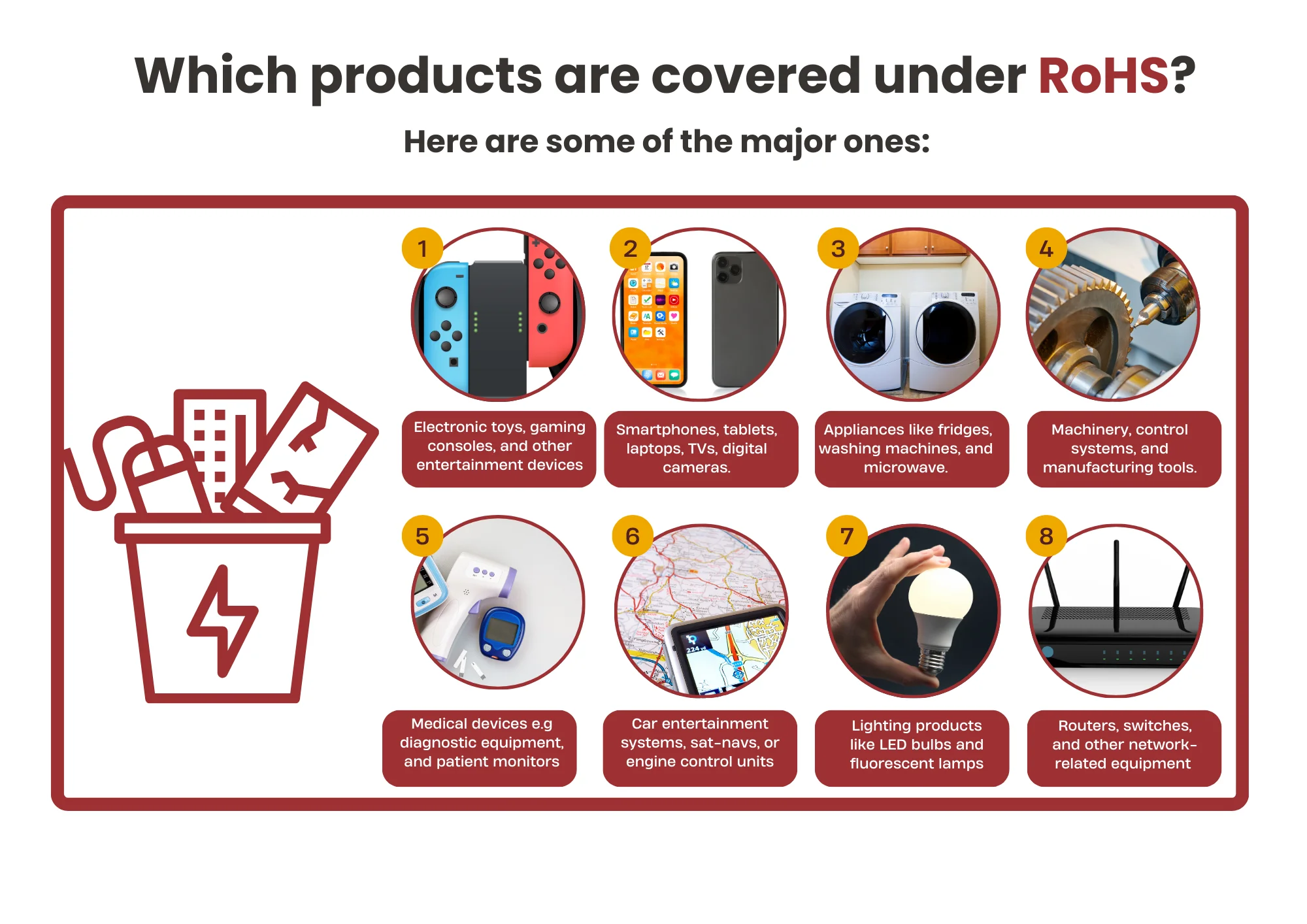
What is AEC-Q Certification Testing?
The Automotive Electronics Council (AEC), initiated by Chrysler, Ford, and GM in 1994, has grown to include members from major automotive and semiconductor companies worldwide.
AEC-Q is a reliability testing standard for automotive electronic components established by the AEC. Meeting AEC-Q certification testing requirements is crucial for enhancing product competitiveness and swiftly entering supply chains, making it a threshold for entry into the automotive sector.
AEC-Q Certification Standards
The AEC-Q product standards have strict control requirements. Only by passing all the test items specified by the corresponding product standards can a product be claimed to have met the respective AEC-Q product standard requirements.
Although AEC-Q is not a mandatory product standard, it has become a widely recognized general standard for automotive-grade components.
- AEC-Q100: Applicable to various integrated circuit chips.
- AEC-Q101: Applicable to discrete devices such as BJTs, FETs, IGBTs, diodes, varactors, Zener diodes, etc.
- AEC-Q102: Applicable to optoelectronic devices such as LEDs, lasers, photodiodes, and phototransistors.
- AEC-Q103: Applicable to MEMS devices like pressure sensors and microphones.
- AEC-Q104: Applicable to various multi-chip modules (MCM).
- AEC-Q200: Applicable to components such as tantalum and ceramic capacitors, aluminum electrolytic capacitors, resistors, inductive devices (inductors/transformers), networks (R-C/C/R), film capacitors, thermistors, adjustable capacitors/resistors, varistors, polymer PTC resettable fuses, quartz crystals, ceramic resonators, ferrite EMI suppressors/filters, etc.
Testing Items
- Parameter Testing: Functional verification, electrical performance parameters, optical parameters, thermal resistance, physical dimensions, avalanche endurance, short circuit reliability, etc.
- Environmental Stress Tests: High-temperature operation, high-temperature reverse bias, high-temperature gate bias, temperature cycling, high-temperature storage, low-temperature storage, high-pressure cooking, HAST, high-temperature high-humidity reverse bias, high-temperature high-humidity operation, low-temperature operation, pulse operation, intermittent operation life, power temperature cycling, constant acceleration, vibration, shock, drop, gross/fine leak testing, hermeticity, salt spray, condensation, hydrogen sulfide gas corrosion, mixed gas corrosion, etc.
- Process Quality Evaluation: DPA, terminal strength, solvent resistance test, solder heat resistance, solderability, shear force, lead-free testing, flammability, flame retardancy, board bending, shooting speed load, etc.
- ESD: HBM, CDM, LU.
Current Status and Issues with Automotive Grade Component Testing
- Reports not fully compliant with AEC-Q standards, incomplete testing items, or reports lacking specific testing items.
- Incomplete evaluation or incorrect selection of product standards when dealing with new products involving AEC-Q103 and AEC-Q104.
- Confusion in family categorization and misuse of general data in AEC-Q101/AEC-Q102 and AEC-Q200 due to the wide range of applicable product series.
- With the advancement of automotive electrification and intelligence in China, many new highly integrated products have emerged, but existing AEC-Q standards cannot cover all products comprehensively.
- Consistency in batch product quality cannot be maintained by manufacturers despite AEC-Q test sample qualification. The JJR Laboratory in China offers testing services, potentially saving you 30% on testing costs; request a quote.
Email:hello@jjrlab.com
Write your message here and send it to us
 UL Compliance and ETL Certification for LED Lighti
UL Compliance and ETL Certification for LED Lighti
 What is the IEC 60598 Standard?
What is the IEC 60598 Standard?
 What is the Canada IC Logo?
What is the Canada IC Logo?
 EMC Pre Compliance Testing
EMC Pre Compliance Testing
 PAHs Testing (Food and Textile)
PAHs Testing (Food and Textile)
 Where to Apply for the EU RoHS Test Report?
Where to Apply for the EU RoHS Test Report?
 Children’s Products and Toy Testing
Children’s Products and Toy Testing
 What is a GB 31701 Test Report?
What is a GB 31701 Test Report?
Leave us a message
24-hour online customer service at any time to respond, so that you worry!




